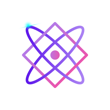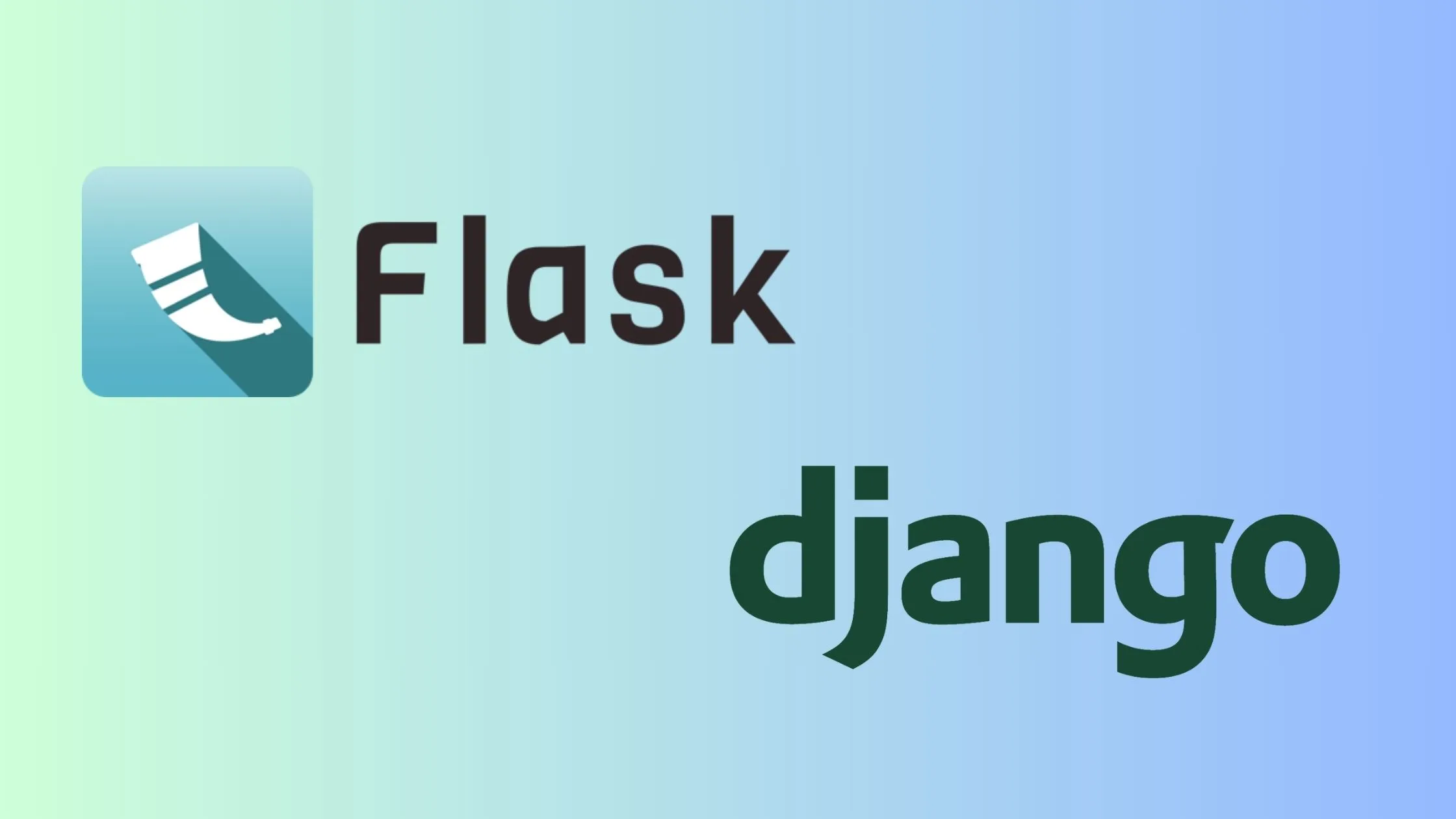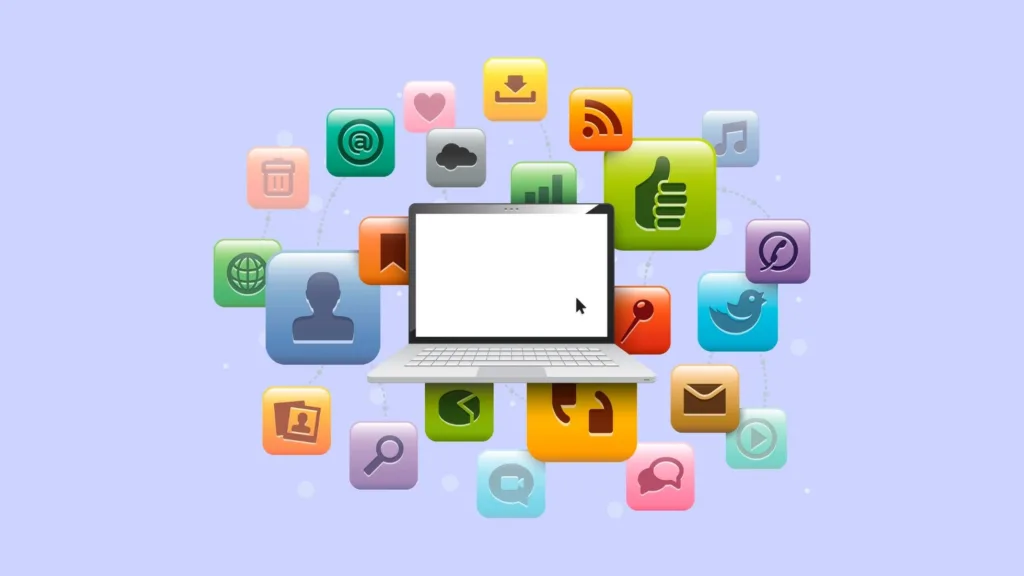When it comes to web development in Python, two frameworks dominate the landscape: Flask and Django. Each has its unique features, benefits, and drawbacks. Deciding which to use for your project can be overwhelming, so we’ve put together a comprehensive comparison to help you make an informed decision. In this section we will be comparing Flask and Django frameworks.
Table of Contents
- Overview
- Features
- Challenges
- Deployment Base
- Ease of Use
- Which is better for beginners, Flask or Django?
- Conclusion
- Related Tutorials
Overview
Flask
- Founded: 2010
- Philosophy: Minimalistic and flexible
- Best For: Microservices, APIs, small to medium-sized applications
Django
- Founded: 2005
- Philosophy: “Batteries-included”
- Best For: Large-scale applications, data-driven websites, applications that require numerous built-in features
Features
Routing
Flask: Offers simple routing mechanisms and is easy to get started with.
@app.route('/')
def hello_world():
return 'Hello, World!'Django: More complex but robust. Utilizes URL dispatchers and offers more built-in functionalities.
from django.urls import path
from . import views
urlpatterns = [
path('', views.hello_world, name='hello_world'),
]Templating
Flask: Uses Jinja2 as its templating engine, which is powerful yet simple.
Django: Has its own templating engine, optimized for Python, offering many built-in tags and filters.
Database
Flask: Does not provide built-in database support but can be integrated with external databases like SQLAlchemy.
Django: Features an Object-Relational Mapping (ORM) system, which simplifies database operations.
Admin Interface
Flask: No built-in admin interface but can be manually added.
Django: Comes with a robust admin interface out of the box.
Challenges
Learning Curve
Flask: Easier to learn, especially for beginners, due to its minimalistic approach.
Django: Steeper learning curve because of its many built-in features.
Flexibility vs Complexity
Flask: More flexible but might require third-party libraries to add functionalities.
Django: Less flexible but includes many built-in features, potentially reducing the need for third-party libraries.
Deployment Base
Both frameworks can be deployed easily using platforms like Heroku, AWS, and GCP. However, Flask’s minimalistic nature sometimes makes it quicker to deploy for smaller applications.
Ease of Use
Flask: Simple and easy to get started with, especially for small projects or microservices. If you want more control over the components you use, Flask might be the way to go.
Django: If you’re looking for a framework that has it all, then Django’s “batteries-included” philosophy means that you’ll spend less time hunting for third-party libraries.
Which is better for beginners, Flask or Django?
Both Flask and Django have their own strengths and weaknesses. Flask is more lightweight and flexible, making it easier to customize and extend. Django, on the other hand, is a full-stack framework with many built-in features that make it easy to develop complex applications.
For beginners, Flask might be a better choice as it has a simpler structure and requires less coding experience than Django. Flask provides only the essential tools for web development, which makes it easy to get started. It is also more flexible than Django, which can make it more challenging to use for beginners.
However, if you are planning to develop a complex application with many built-in features, Django might be a better choice. Django provides many built-in features such as an ORM system, a database abstraction layer, an admin interface, and more. It follows the Model-View-Controller (MVC) architectural pattern and provides a high-level API for web development.
In conclusion, both Flask and Django are popular Python web frameworks with their own strengths and weaknesses. Flask is easier to learn and more flexible than Django, making it a good choice for beginners or small projects. Django is more complex but provides many built-in features that make it easy to develop complex applications once you understand how it works.
Conclusion
Your choice between Flask and Django will largely depend on the project requirements, your familiarity with the framework, and what you are comfortable sacrificing, whether it’s flexibility or built-in features. Flask is better suited for small to medium-sized applications or microservices, while Django is excellent for larger, more feature-rich applications.



